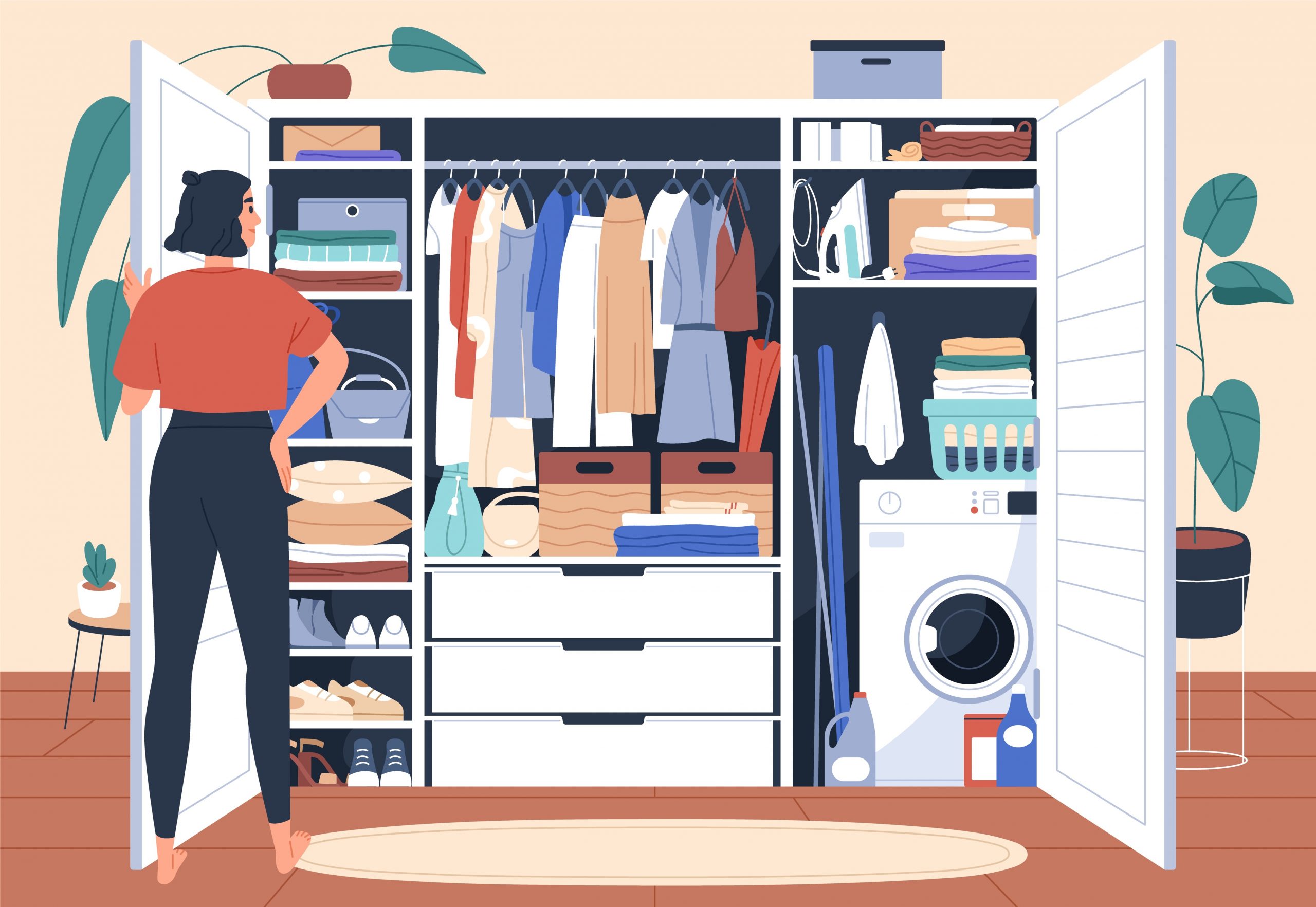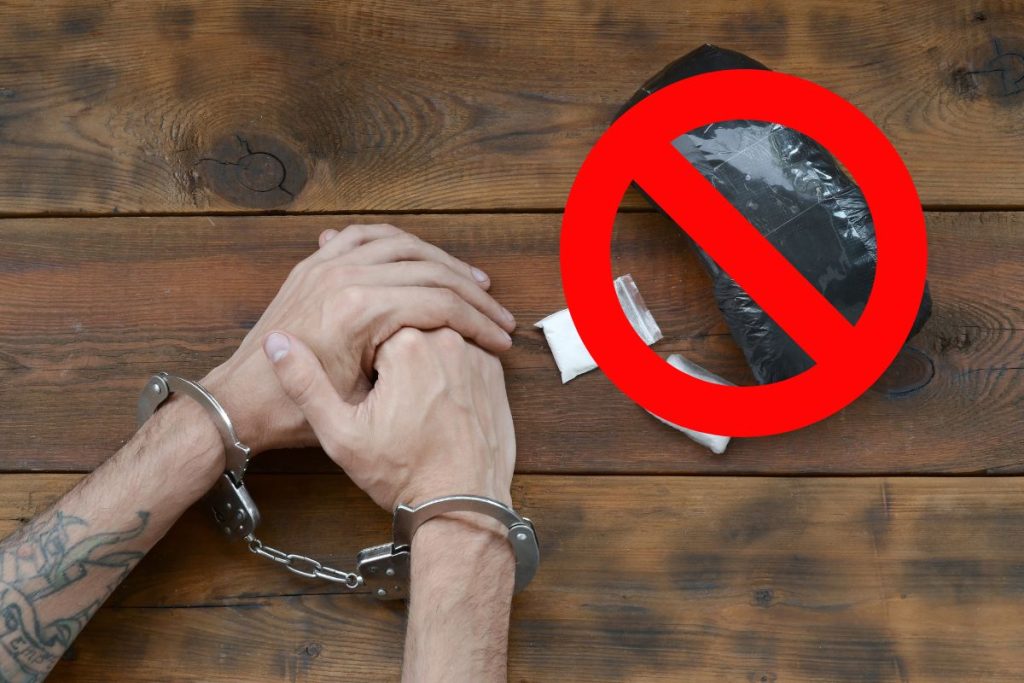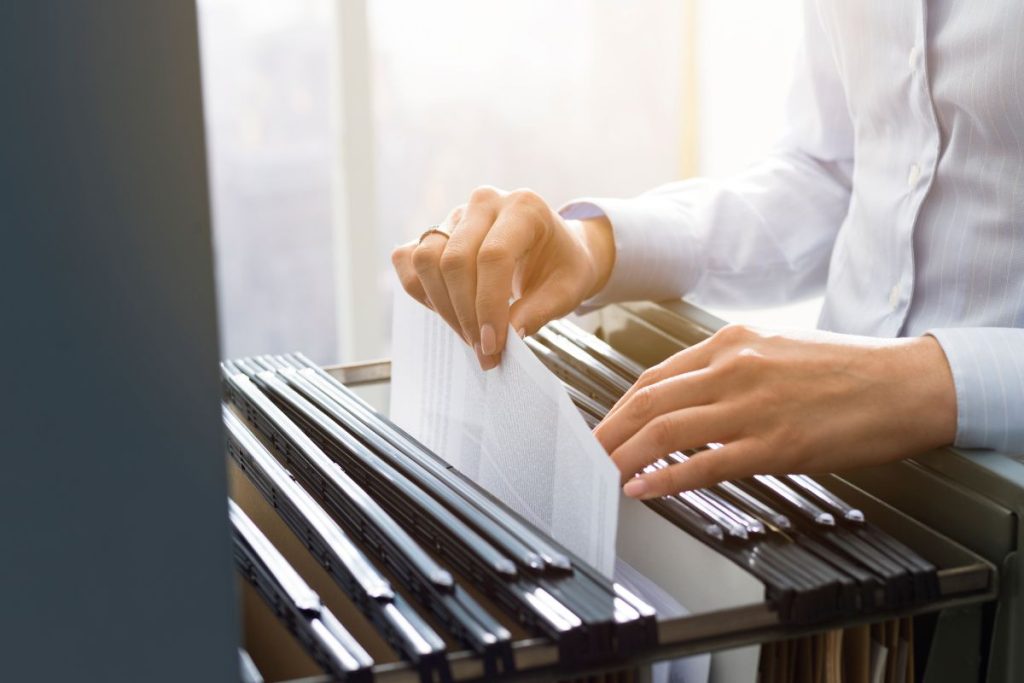
How To Decide What To Toss Or Keep When Decluttering
People tend to collect things over the years. And every item you own–from wardrobe essentials to kitchen appliances and tools to papers and documents–takes up valuable space in your home.
Sooner or later, the things you hoard can make your home look cramped and suffocating. Even if you decide to declutter, figuring out what to throw away or keep can be challenging. It can be overwhelming to the point that you may even delay the process in the first place.
The next time you’re at a standstill on whether to put an item back or throw it in the trash, here are seven questions to ask yourself to help you decide.
Table of Contents
Do I Use It?
If you have an item you think you might use one day, you probably don’t need it. Consider when was the last time you used the item. If it’s been six months since you used or wore it, then take it out and either throw it away or donate it.
Do I Even Like It?
Most people dread throwing away gifts. After all, it was a gift! But do you genuinely need or like it? While it’s lovely to receive gifts, if you can’t use them, let alone like them, it only turns into clutter. You can graciously accept the gift and say thank you, but you aren’t required to use or keep it. So, don’t feel guilty, and get rid of your unwanted junk.
Has It Expired?
This is one of the more straightforward rules for decluttering in the kitchen. If a food item goes beyond its expiration date, it only makes sense to throw it away. Not only can it help give you more space in your fridge or pantry, but it also prevents you from accidentally eating expired food and compromising your health.
That said, expiration dates don’t just apply to food–you can also use them when deciding whether to dispose of or keep necessary paperwork and documents. For instance, old bills, invoices, contracts, warranty documents, or resumes from 10 years ago won’t use you today and are only wasting space. You should consider shredding and throwing them away or recycling them.
Is It Important?
Speaking of documents, there’ll be paper works that you need to keep and save without question. Examples of these paper works include financial papers, wills, licenses, and insurance papers. As long as they’re the most updated document you have, you should keep these documents in a safe place.
The same goes for valuable pieces such as gold, antique jewelry, and other essential heirloom pieces that hold sentimental value for you.
Does It Have Duplicates?
Duplicates may be necessary for some areas of your home, but too many duplicates only contribute to more clutter.
For instance, you need more than one plate in your kitchen, but do you really need three dozen of them? Unless you have a bigger family or like to host parties in your home, having too much dinnerware can only take up precious space. The same goes for pots and pans, although varying sizes are acceptable.
Make sure to choose wisely if you want duplicates of a specific item. If you must keep two or more of a particular item, store them out of the way to ensure a clutter-free appearance.
Is It Worth Repairing?
Appliances like air conditioners, fridges, and large TVs are expensive. When these items start malfunctioning, most homeowners don’t like to throw them away and try to repair them to save on costs.
However, is it worth the cost of repairs? To find out, you can search for similar items on the web. If the item’s current value is less than the repair cost, consider throwing it away and upgrading to a newer one. Getting a more modern appliance can be more cost-effective than trying to revive older items.
If you’re keen to have it replaced, give yourself a deadline. If you still haven’t got the time to fix the items within six months, then you probably don’t need it that much, and you can let it go.
Is It Broken Or Damaged?
Aside from large appliances and electronics, items that are broken, ruined, damaged, or can’t be used should be thrown away.
For instance, if you have a chipped mug or worn-out outfit, it only makes sense to dispose of these items since they only contribute to a cluttered environment. If you feel guilty about disposing of these items just yet, you can try recycling or reusing them. Chipped mugs can be useful as decorative planters, while worn-out clothing you no longer use can be used as cleaning rags.
Takeaway
Figuring out what to keep and what to throw away when decluttering can be difficult. However, we hope this article has provided some answers to make decluttering decisions easier and allow you to enjoy a more spacious and cleaner home.
February 15, 2023
















